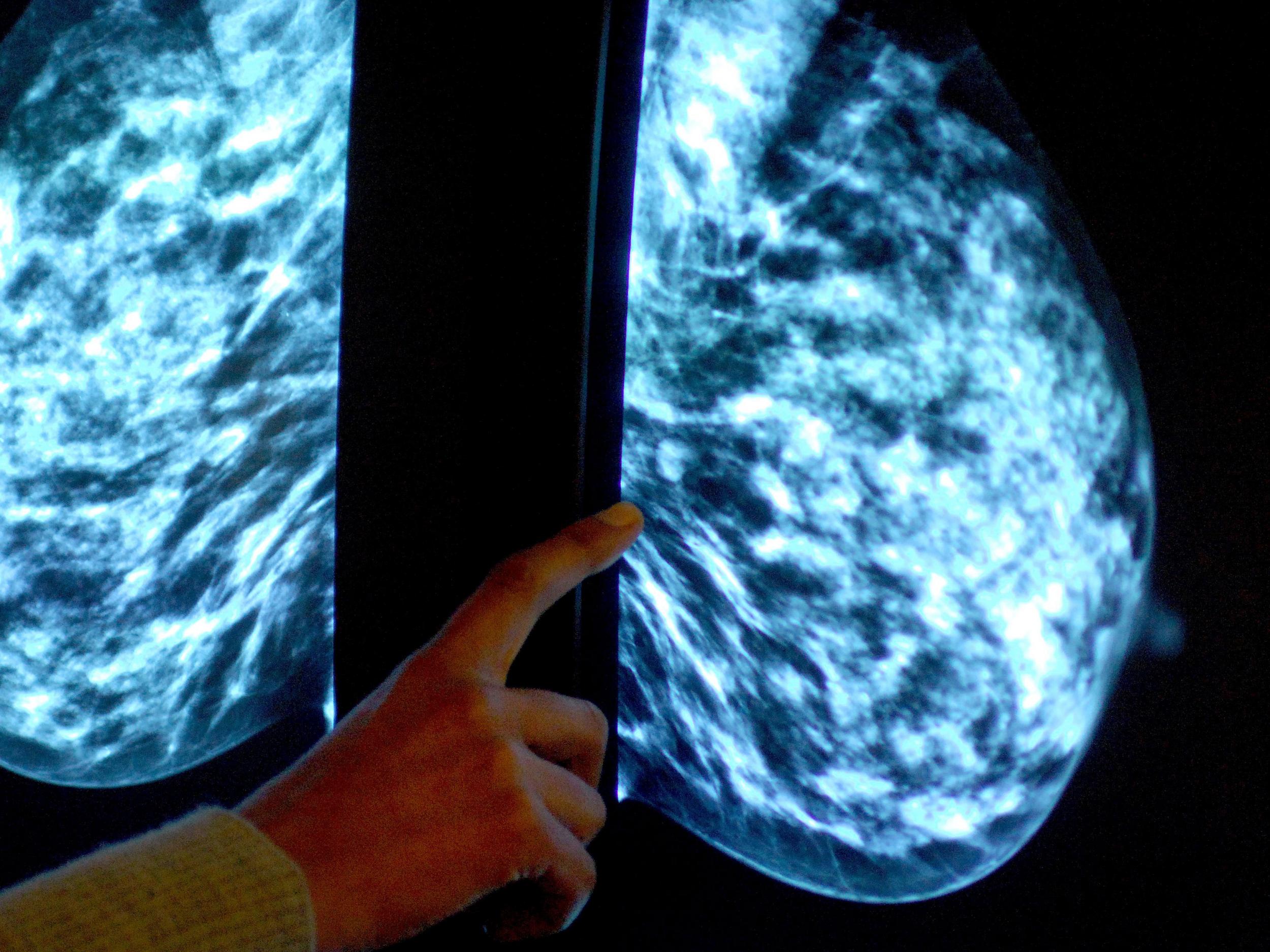Low-protein diet could prevent breast cancer cells resisting treatment, study suggests
Animal proteins have higher amount of leucine compared with plant proteins and switch could maintain usefulness of key hormone therapy drug

Cutting down on meat, fish and dairy could help prevent breast cancer adapting to withstand key hormone therapy drugs, and reduce the chances of the disease recurring or spreading.
Harvard Medical School researchers discovered an “unexpected” relationship between the essential nutrient leucine, which is contained in high quantities in animal protein, and tumours developing resistance to the drug tamoxifen.
The findings need to be verified in clinical trials but they raise the prospect that switching to a diet with mainly vegetable proteins, which contain lower levels of leucine, could keep tamoxifen effective for longer.
However, independent experts said at this early stage patients should not be cutting anything from their diet without medical advice.
Roughly four out of five breast cancer patients are sensitive to growth signals from the female hormone oestrogen (ER+).
Tamoxifen is used to block these signals and prevent the disease from returning or metastasising to other parts of the body.
Patients whose cancer becomes resistant to tamoxifen have a poor life expectancy.
“[It is] usually less than five years survival, because they have limited treatment options available,” said Dr Senthil Muthuswamy, one of the study’s authors from the Beth Israel Medical Centre.
The research, published in the journal Nature on Wednesday, showed in laboratory tests that lowering leucine levels decreased the growth of new cancer cells, while a 10-fold increase enhanced it.
“The findings open up the possibility that a low-leucine diet could be beneficial for patients with ER+ breast cancer,” Dr Muthuswamy said.
Such a diet could logically start by cutting down on meat and dairy as “animal proteins have a higher amount of leucine compared with plant proteins,” he added.
However, soy beans and nuts are also rich sources of leucine.
While these findings will need to be more widely verified in human trials and are unlikely to change medical guidance on their own, it is a new avenue for treating the condition that affects 55,000 women a year in the UK alone.
“We have uncovered a new area of oestrogen receptor biology, which will lead to new strategies to help patients with endocrine-resistant breast cancer,” said Dr Yasuhiro Saito, another of the study’s authors.
It comes after a UK study showed that regularly eating red or processed meat can increase the risk of developing bowel cancer, even when eaten in moderation.
Rachel Kahn, research communications officer at charity Breast Cancer Now, said the early findings were “exciting” but work was needed to understand the effects of leucine in the diet on cancer.
“In the meantime, we’d recommend that all patients try to maintain a healthy and balanced diet during and after their breast cancer treatment,” she added.
“Different forms of protein, many of which can be rich sources of leucine, remain an essential part of a healthy diet and enable our cells to carry out vital functions.
“The development of resistance to hormone therapies such as tamoxifen remains a major challenge in the clinic, and it’s critical that we find ways to overcome it to stop more women dying from breast cancer.”
Join our commenting forum
Join thought-provoking conversations, follow other Independent readers and see their replies
Comments
Bookmark popover
Removed from bookmarks